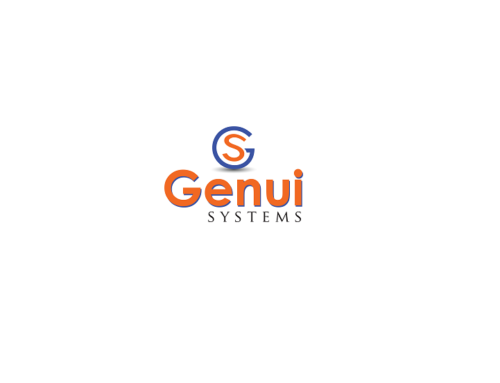
Microsoft is playing a key role in positioning Jordan as an IT hub. Sayed Hashish, Microsoft Regional General Manager North Africa, East Mediterranean & Pakistan (NEPA), explains, “Microsoft is in Jordan to stay and to build long term mutually beneficial partnerships with the local IT sector in order to ensure a competitive economy for the country. We see ourselves as enablers.” Microsoft has already invested more than US$20 million in developing Jordan’s IT sector and has made a long term commitment to the local economy, supporting community service initiatives as well as business projects.
Microsoft has made impressive progress since its launch in the Kingdom, establishing close working relationships with 280 private companies in the IT and Communications sectors to help them boost their competitiveness and grow. In order to achieve that Microsoft offers its partners programs which enable them to build their capacity, gain knowledge on Microsoft’s new products and services, and transfer experience through Microsoft’s experts. In January 2010, for example, Microsoft Jordan launched a series of Windows 7 deployment workshops for local IT professionals at its Microsoft Innovation Centre (MIC) in Amman. The Jordan MIC was the first MIC in the world to deliver the free two day workshops, which were held from January to June. Microsoft is also involved in the government’s e-government initiative, and regularly partners with the public sector to stimulate the creation of new IT opportunities.
Attracting new foreign investors
Microsoft hopes that its strong presence in Jordan will help to draw new investors to the country. Sayed Hashish says, “We know that since Microsoft is a leader in the industry on an international level, it is vitally important for Jordan to use us as a tool to help attract investors. Our mission is to bring new knowledge and technology to Jordan and then to deliver this knowledge and technology throughout the region. It is clear that Jordan is becoming a regional business centre and we are helping to make the country a key regional IT centre as well.”
Looking to the future, Microsoft will continue to play an important role as a catalyst for the development of Jordan’s IT sector and for other sectors of the economy. Sayed Hashish concludes, “Investors seeking gainful business opportunities in a world that is abundant with such opportunities should give Jordan serious consideration. Microsoft Jordan is committed to supporting the private sector in achieving the goal of H.M. King Abdullah II to create a regional IT hub in Jordan. We are actively working on achieving this objective with His Excellency Marwan Juma, Former Jordan’s Minister of Information and Communications Technology.”
Strong Commitment to Corporate Social Responsibility
Microsoft Jordan is a leader not only in bringing innovative new technologies to the Jordanian market but also in its commitment to corporate social responsibility. Microsoft has invested more than US$3 million (€2.36 million) in CSR activities in Jordan since it launched its operations there, thus playing a key role in developing local information and communications technology (ICT) skills and capabilities.
Microsoft’s Partners in Learning program has provided considerable support to the Jordan Education Initiative, helping to enhance the use of ICT technologies in education, develop an ICT curricula, provide professional IT training for teachers, and support Jordan’s Knowledge Station Initiative that provides access and connectivity to Jordanians regardless of their economic status or geographic location. Microsoft Jordan also launched the School Technology Innovation Centre for educators and students to showcase best practices for the effective use of ICT in education.
Microsoft Innovation Centre offers range of programmes
In addition, the Microsoft Innovation Centre (MIC) provides students, software developers, IT professionals, start-ups and entrepreneurs with a venue to exchange ideas, collaborate on imaginative solutions and help local communities translate ideas into business successes. The MIC runs numerous programmes in Jordan, including the Skills Accelerator, Software Business Accelerator, and Industry Cluster programmes, in addition to the DreamSpark initiative, which provides free professional level developer and design tools to Jordanian students and educators; the BizSpark programme for start-ups and entrepreneurs; and the Microsoft Innovation Academy, the second phase of the BizSpark program.
Microsoft’s Unlimited Potential initiative, in partnership with local businesses and educational institutions, helps to accelerate skills development in local youth, promote entrepreneurship and help employers find qualified personnel. The Graduate Internship and Employment programme, launched by the Jordanian government in 2009 and supported by Microsoft, provides invaluable training for local higher education technology students. Microsoft has also made available its Live@Edu services to local educational institutions, enabling them to expand the IT services they can offer their students and faculty while also reducing costs.
Microsoft’s Imagine Cup, the world’s first student technology competition, has attracted many students in Jordan and has helped to provoke interest in technology studies, while Microsoft’s Student to Business programme aims to connect Microsoft partners and customers with qualified students for entry level and internship positions at companies in Jordan.
Through all these initiatives, Microsoft Jordan is proving its commitment to supporting Jordan’s development and to providing more opportunities for the country’s young people and entrepreneurs.





